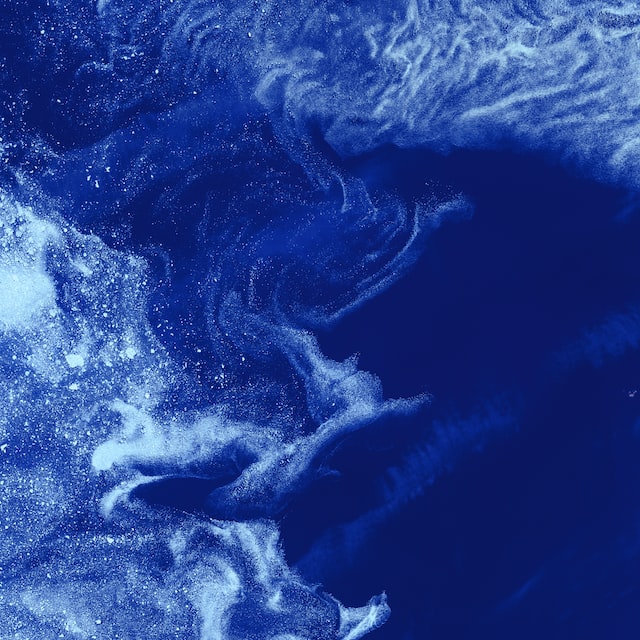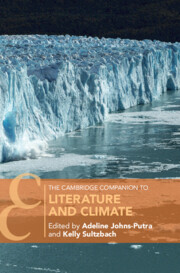
Lakehead University | Department Of English; Department Of Interdisciplinary Studies
| Research Areas: Environmental Humanities; Contemporary Canadian Literature; Cultural Studies; Postcolonial and Critical Race Studies |
Dr. Cheryl Lousley is an Associate Professor of English and Interdisciplinary Studies at Lakehead University and is the primary investigator for “Racialized Ecologies in and Beyond Settler-Colonial Canada: Documentary, Speculative and Poetic Texts and Contexts.” Lousley’s ecocritical research examining thematic depictions of whiteness, environmental racism, and injustice and biopolitical intersections of race, biodiversity, and ecology has been published in The Oxford Handbook of Ecocriticism, Canadian Literature, Studies in Canadian Literature/Études en littérature canadienne, Topia: Canadian Journal of Cultural Studies, Environmental Philosophy, Canadian Poetry, Essays on Canadian Writing, Interdisciplinary Studies in Literature and Environment, and elsewhere. A trilogy of essays on how Dionne Brand’s long poems contribute to environmental justice and two on Larissa Lai’s speculative fiction Salt Fish Girl contribute literary and thematic groundwork for “Racialized Ecologies in and Beyond Settler-Colonial Canada: Documentary, Speculative and Poetic Texts and Contexts.” Her second research stream, coming to completion as the book manuscript Promised World, Earthly Democracy (contract with UBC Press), is a landmark cultural studies analysis and archival project on the forgotten public hearings of the World Commission on Environment and Development (1983-87) with a focus on the interventions by Indigenous, Black, and Asian speakers and their political-ecological contexts. It provides a methodological basis for the historicization part of the current project. Dr. Cheryl Lousley is also the editor of the Wilfrid Laurier University Press Environmental Humanities book series.
Selected Publications

Jenny Kerber and Cheryl Lousley, “Literary Responses to Indigenous Climate Justice and the Canadian Settler-State,” in The Cambridge Companion to Literature and Climate, ed. Adeline Johns-Putra and Kelly Sultzbach, Cambridge Companions to Literature (Cambridge: Cambridge University Press, 2022), pp. 269–80.
The chapter examines how Indigenous writers irrevocably place and respond to climate change within a history of colonial resource appropriations, ecological loss, and violent suppression of Indigenous bodies and cultures in Canada.

Lousley, Cheryl. “After Extraction: Idling in the Ruins in Michael Winter’s and Alistair MacLeod’s Neoliberal Fictions.” Special Issue on Neoliberal Environments. Studies in Canadian Literature/Études en littérature Canadienne, vol. 45, no. 2, 2021, pp. 229-253. (Honourable Mention for the 2020 Studies in Canadian Literature Herb Wyile Prize in Canadian Literature.)
By bringing Michael Winter’s recent novel into conversation with Alistair MacLeod’s oeuvre, Lousley suggests that these authors’s depictions of idleness, a directionless other-time for neoliberal lives and places situated within a longue durée of ecological ruination, foreground the complex socio-ecological reverberations of extraction economies.

Lousley, Cheryl. “Global Futures Past: Our Common Future, Postcolonial Times, and Worldly Ecologies.” Special Issue on Environmental Futurity. Resilience: Journal of Environmental Humanities, vol. 4, no. 2-3, Spring-Fall 2017, pp. 21-42.
Lousley argues that the straightforwardness of the World’s Commission’s planetary time in the report Our Common Future is complicated through attendance to the heterogeneity of temporalities in the narrative construction of global environmental futurity and the ways these are contested.
